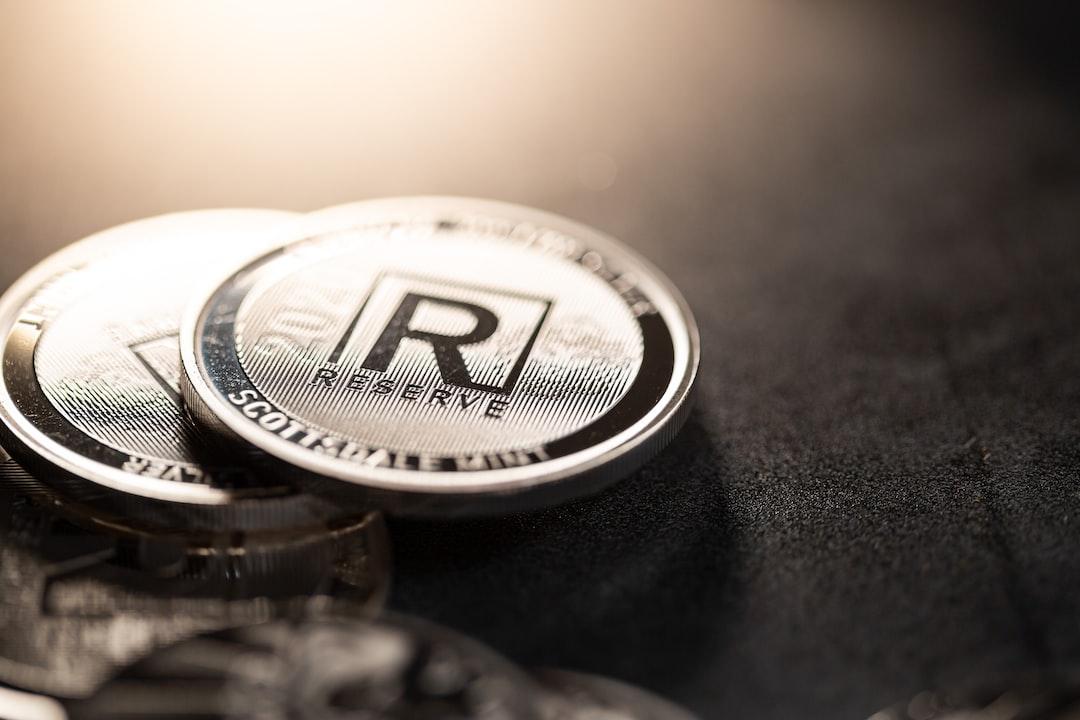Digital Euro Gains Popularity in Germany: Survey Reveals
A recent survey conducted on June 4 has shown that Germans are embracing the idea of a digital euro. However, the study also uncovered a lack of knowledge among the general public regarding this proposed alternative payment method.
The survey, conducted by market research and opinion polling company forsa on behalf of the Deutsche Bundesbank, gathered responses from 2,012 people. It revealed that 50% of the respondents are open to using the digital euro as an additional payment option.
Interestingly, even those who were previously unfamiliar with the concept of the digital euro expressed openness to this new means of payment. However, the survey also highlighted that only 41% of the respondents had come across information about it, while the majority (59%) remained unaware.
One major concern raised by the respondents was privacy issues. This is similar to the concerns surrounding China’s digital yuan (e-CNY), where Chinese workers immediately convert the central bank digital currency (CBDC) to cash upon receiving it.
More than three-quarters of the respondents consider privacy protection to be a top priority when it comes to the digital euro. Additionally, 59% emphasized the importance of the planned offline version of the digital euro, which aims to provide privacy protection similar to cash.
However, privacy protection is currently a key focus in the preparatory phase for the European Central Bank Digital Currency (CBDC), which is scheduled until October 2025. The governing council will then decide whether to proceed with further preparations for the digital euro project.
Deutsche Bundesbank President Joachim Nagel has stated that the digital euro is likely to launch by 2028 or 2029. He reassured future users that their privacy would be protected, stating, “Eurosystem central banks have no interest in users’ data. The digital euro would provide far better and more effective privacy protection than current commercial payment solutions.”
In addition, 72% of the respondents believe it is important for the digital euro to be based on a European infrastructure, ensuring independence from global political events or decisions.
The survey also revealed that some respondents had misconceptions about the digital euro. 15% of the respondents thought that the digital euro would replace cash, while 12% believed that cash would be phased out with the introduction of the digital euro. However, member of the central bank’s Executive Board, Burkhard Balz, clarified that cash is a fundamental product of the bank and the Eurosystem central banks and will not be eliminated.
It is worth noting that the European Central Bank (ECB) first introduced the digital euro in July 2021, aiming to create a fast and secure electronic payment instrument that would complement the existing forms of the euro, both as physical cash and in bank accounts. After two years of extensive research into the design and distribution models for the digital euro, the ECB has taken a step forward on October 18, 2023, by entering the next phase to prepare for its issuance.


